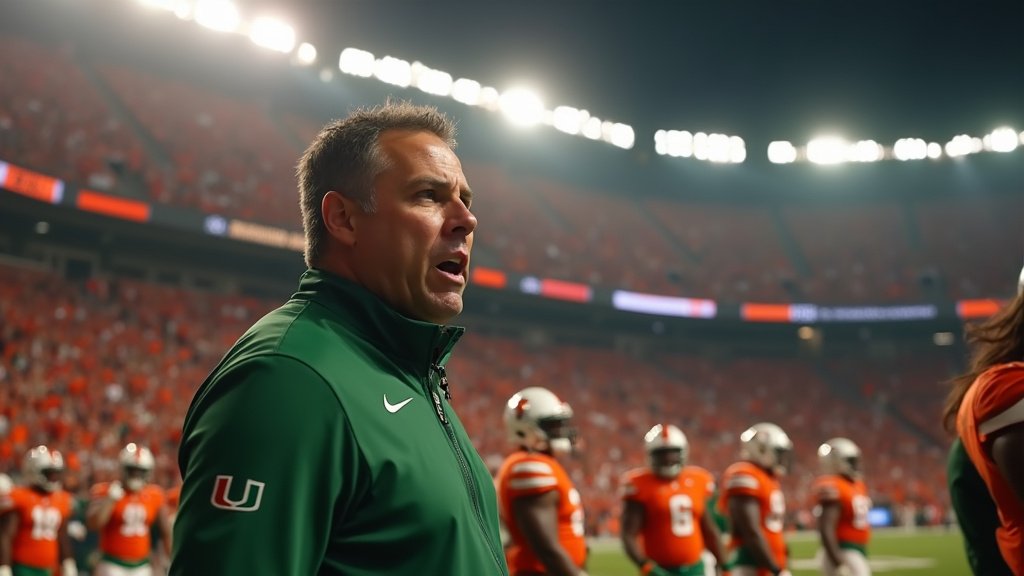Miami, USA – In a move that has ignited significant political debate and drawn scrutiny from state authorities, the Miami City Commission recently approved a controversial measure to postpone the city’s upcoming November election, rescheduling it for 2026. Within a mere few hours of the commission’s vote, Miami Mayor Francis Suarez signed the legislation into law, cementing the change and extending the terms of current officeholders.
This legislative action is ostensibly aimed at aligning city elections with even-numbered years, a strategy proponents argue will boost voter turnout and reduce the financial burden associated with conducting elections. However, the swift passage and signing of the bill have come under intense criticism, primarily due to a significant consequence: it effectively grants both the city commissioners and Mayor Suarez an additional year in their respective offices.
The Rationale Behind the Shift
Supporters of the measure, including Commissioner Pardo, have publicly championed the change as a vital electoral reform. Their central arguments rest on two pillars: enhancing democratic participation and improving fiscal efficiency. By moving municipal elections to coincide with state and federal contests held in even-numbered years, proponents contend that more citizens are likely to cast ballots, leveraging the higher engagement typically seen in presidential or midterm election cycles.
Furthermore, holding local elections concurrently with larger contests is often cited as a means to decrease administrative costs. The logistics and infrastructure required for standalone elections can be substantial, and consolidating them with other voting events can potentially lead to savings for the city treasury. Commissioner Pardo and other supporters presented this vision as a pragmatic approach to modernizing Miami’s electoral process for the benefit of its residents.
The Controversy: Extended Terms and Allegations
Despite the articulated goals of increased turnout and reduced costs, the most contentious aspect of the newly signed law is its direct impact on the tenure of elected officials. The postponement of the November election to 2026 means that the current terms of the city commissioners and Mayor Suarez will be extended by one year beyond their original mandates. This consequence is particularly notable for Mayor Suarez, who, according to existing term limits, is slated to be termed out of office at the end of the current year.
Opponents argue that while aligning election cycles may hold merit in principle, the immediate effect of prolonging the terms of incumbent officials undermines the democratic process and potentially disenfranchises voters who expected to cast ballots for these positions this November. The extension of terms is viewed by critics as an inherent conflict of interest for those who voted for or signed the measure.
Among the most vocal critics is Commissioner Joe Carollo, who strongly opposed the measure during the commission’s deliberations. Commissioner Carollo’s opposition extended beyond policy disagreements; he has publicly alleged that Mayor Suarez’s involvement in the passage of the bill was more extensive than simple lobbying efforts. These allegations, though not detailed in the provided information regarding their specific nature, add another layer of complexity and controversy to the situation, suggesting potential impropriety surrounding the bill’s journey through the city’s legislative process.
State Scrutiny and Potential Legal Challenges
The controversial election change has not gone unnoticed by state authorities. Florida’s Attorney General Ashley Moody’s office has taken a direct interest in the matter. Prior to the final approval and signing of the bill, the Attorney General’s office, specifically through Solicitor General Henry Whitaker, sent a formal letter to the City of Miami.
This letter served as a clear warning to the city regarding the proposed election changes. It explicitly stated that the city owes its citizens what the law requires, implying that deviating from the established electoral timeline might violate existing legal statutes or constitutional provisions. Crucially, the letter also reserved the right of the state to take further action, signaling the potential for legal challenges should the city proceed with the controversial postponement.
As of the publication of this article, the State of Florida had not announced any formal legal action or lawsuit challenging the validity of the new law. However, the communication from the Attorney General’s office leaves the door open for potential intervention, creating an environment of legal uncertainty surrounding Miami’s newly adopted election schedule and the extended terms of its elected officials.
Looking Ahead
The decision to postpone Miami’s election to 2026, signed into law by Mayor Francis Suarez, represents a significant shift in the city’s electoral calendar with immediate and tangible consequences for its governance. While framed by proponents like Commissioner Pardo as a necessary reform for voter engagement and cost savings, the extension of terms for commissioners and Mayor Suarez, particularly given his termed-out status, has fueled considerable opposition and allegations from figures like Commissioner Joe Carollo.
Adding to the volatility of the situation is the direct warning from Florida’s Attorney General’s office, reserving the right to legal action based on the principle that the city must adhere to legal requirements owed to its citizens. The coming weeks and months are likely to determine whether this controversial legislative maneuver will face legal challenges from the state or other parties, ultimately shaping the future of Miami’s elections and the tenure of its leadership.





